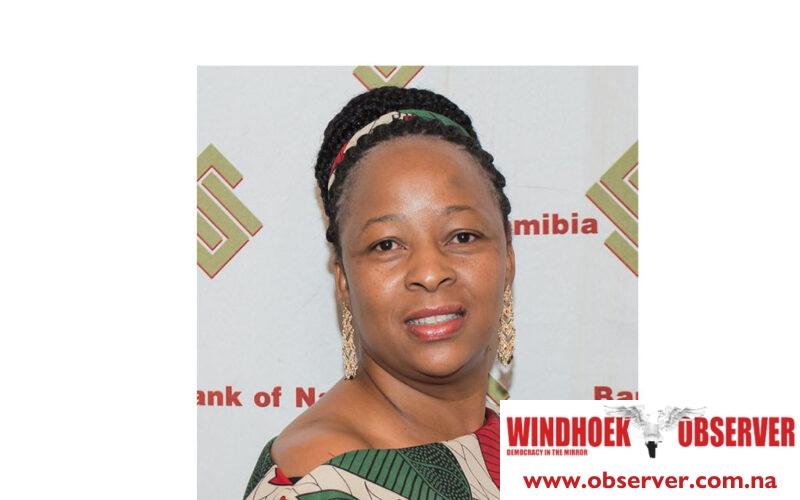The Bank of Namibia had earlier announced that from 15 April 2024, CMA (Common Monetary Area) payments to South Africa, Lesotho & Eswatini will be initiated as Foreign Exchange transactions, with Balance of Payment (BoP) reporting requirements.
However, this week commercial banks informed their clients that payments to South Africa, Lesotho and Eswatini (Common Monetary Area) will continue as per current payment processing and will not change as previously communicated.
Observer Money this week asked clarity from Sandra Garises, Acting Director: Strategic Communications and International Relations at the Bank of Namibia on the readiness of the industry to implement this new requirement.
Observer Money (OM): From 15 April 2024, CMA (Common Monetary Area) payments to South Africa, Lesotho & Eswatini will be initiated as Foreign Exchange transactions, with Balance of Payment (BoP) reporting requirements. As far as BoN as concerned, how ready is the financial industry in implementing BoP reporting?
Sandra Garises: The Bank of Namibia acknowledges the transition to treating CMA (Common Monetary Area) payments to South Africa, Lesotho, and Eswatini as Foreign Exchange transactions, necessitating Balance of Payment (BoP) reporting from 30 September 2024. Since 2019, the financial industry has upgraded their cross-border reporting systems to amongst others comply with international standards of reporting as prescribed in the Version 6 of the Balance of Payment Manual (BPM6) as published by the IMF.
The project also aimed to replace the existing 3-digit balance of payment category codes with revised 5-digit balance category codes to allow for more specific Balance of Payment Category identification and reporting and to provide a facility for capturing of various modern payments and settlement methods, such as credit cards, internet banking, point-of-sale and electronic funds transfers amongst other objectives. The implementation of the SADC RTGS system will then use the codes that the industry already implemented, and the additional codes introduced in 2024. These codes are already in use since 2019 and the industry will then be required to upgrade their codes to include the amendments. The nature of this BoP reporting project is therefore not foreign and thus the bank has confidence that these amendments will be completed by the implementation date of 30 September 2024.
OM: Does BoP mean that Namibians will pay more for payments to the Common Monetary Area?
SG: The transition of this payments from cross-border EFT to SADC-RTGS means that the transactions will be processed using SWIFT which attracts different cost. As a result, customers will experience a slight increase in fees and charges for these payments. The Bank of Namibia has however, issued a directive to the banking institutions to ensure that the fees remain reasonable for the customers given the BoP reporting exemption issued by the Bank in the Exchange Control Circular 2024/01.
OM: Can we expect some disruptions and delays in the provision of services as a result of Balance of Payment (BoP) reporting requirements?
SG: Given that the payments are being migrated from the a cross-border EFT system to the SADC-RTGS that uses SWIFT, the payment speed is expected to be impacted. However, to ensure that the speed is not significantly impacted, the Bank has issued a directive on the speed and user fees and charges (PSDIR-9) that directs banks to ensure that the transaction speed for a cross-border CMA low-value transaction should not be more than 48 hours from the time when the sender initiates the transaction. Additionally, the bank has granted an exemption on BOP reporting for individual transactions below N$1 million and corporate transactions below N$5 million to ensure that BOP reporting does not delay the provision of the payment service.
OM: Do you have any additional information that you would want the public to know?
SG: The bank wishes to announce that it has extended the effective date of PSD-9 to 30 September 2024, which was going to result in the migration of CMA EFT payments to the SADC-RTGS by 30 April 2024. This means that banking institutions and their clients have additional time to prepare for the migration to ensure that the cost and speed of these transactions is not adversely impacted. The Bank of Namibia is committed to ensuring that the transition to BoP reporting for CMA payments is as smooth and transparent as possible. We understand the importance of clear communication and the financial institutions (banks in particular) have been providing updates and guidance through various channels, including theirwebsite, emails and text messages to their customers.




